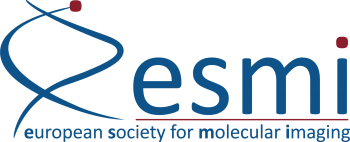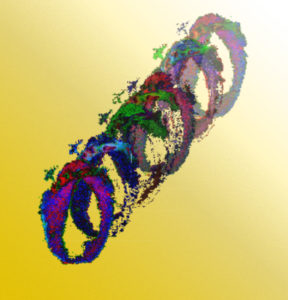Study Group Scope , Relevance, & Objectives
The scope of the Imaging MS study group is to provide a networking and dissemination platform for molecular imaging researchers and professionals that use mass spectrometry in their daily practice and enables connections to expert in other imaging disciplines.
Multimodal molecular imaging with mass spectrometry is a label-freeimaging modality that has demonstrated enormous potential for pre-clinical and biomedical research. IMS combines the molecular analytic properties of MS with the spatial information obtained by traditional histology, thereby enabling molecular information to be correlated to tissue morphology. This correlation enables a deeper understanding of tissue complexity and the pathophysiological processes underlying disease. As such, IMS enables direct targeted and/or untargeted analysis of endogenous metabolites, oligosaccharides, lipids, peptide and proteins, as well as exogenous compounds (i.e. pharmaceuticals, anti-cancer drugs). The subsequent identification and quantification of potential markers can contribute to generating disease-specific molecular profiles.
This study group intends to increase the broader awareness of the technological basis, as well as its clinical and pharmaceutical applications. The study group fosters a knowledge base where people can learn about quantitative aspects and considerations of imaging MS as well as the potential for integration with other imaging modalities such as PET or MRI. The study group welcomes members with an interest in multimodal imaging that allow researchers to explore truly interdisciplinary molecular research.
The group currently comprises of academic and industrial collaborators expert in various imaging MS-based technologies, fundamental and applied to pre-clinical and clinical research, and strongly encourages interdisciplinary interactions and therefore welcome all members with an interest in other multimodal imaging to join the discussions initiated during the dedicated workshop or during the different sessions.
Objectives
- Enable dissemination of imaging MS-based ideas, methods, techniques, protocols and applications.
- Stimulate interactions with the broader molecular imaging community and integration with other imaging modalities.
- Ensure COST networking activities (COST Action BM1104) are continued in the ESMI professional environment.
Group Review Article
Mass Spectrometry Imaging and Integration with Other Imaging Modalities for Greater Molecular Understanding of Biological Tissues
Porta Siegel, T., Hamm, G., Bunch, J., Cappell, J., Fletcher, J.S., Schwamborn, K.
Group Leadership
- Chair: Nina Ogrinc, Leiden
- Co-Chair: Nicole Strittmatter, Munich
Interested in joining a Study Group?
You are an ESMI member already? Just log-in to your ESMI member portal, proceed to “Profile” and sign-in to any Study Group you are interested in.
Not a member yet?
Proceed to the Member Portal and register – it is just 85€/year, 20€/year for PhD students.

